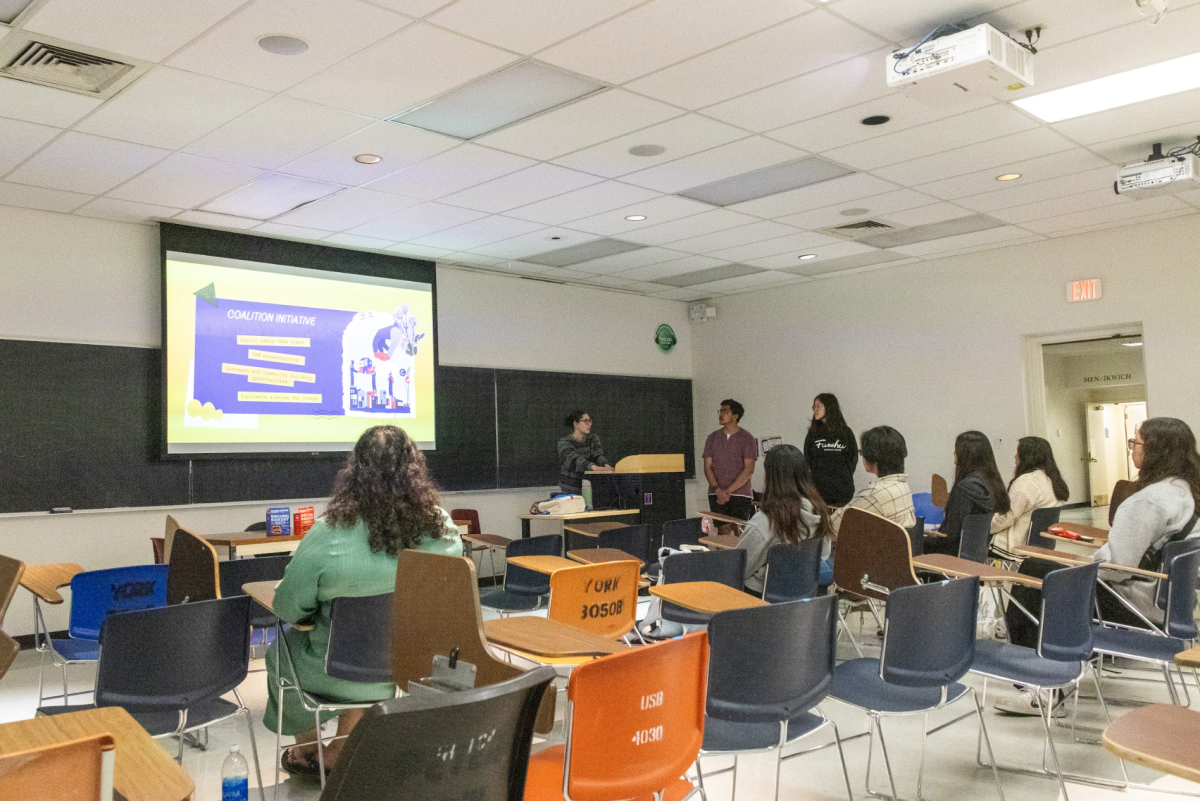I recently learned from a friend while on a trip to Washington, D.C. exactly how to solve a Rubik’s Cube, regardless of state. It takes the understanding of a few simple concepts, in two dimensions, of how pieces move around the cube, and memorizing a fairly intuitive sequence of about 32.
The ridiculous thing is that I don’t understand the cube whatsoever. If someone were to hand me a cube, and ask me to place it in some arbitrary configuration, the only result I could produce would be the canonical one. What this illustrates is the fact that what I’ve basically done is memorize the solution of someone who actually comprehends the problem at hand, and conceptualized it to the point where someone like me only has to think in two dimensions instead of four.
I’ve learned the solution for all outward appearences, but in reality, I understand very little of how the inner workings of the thing actually work. Even worse, I’ve created no solutions — there’s no thought involved anymore when I solve the thing. It’s all recitation.
The Rubik’s Cube is a great analogy, then, for my academics at this university thus far (and probably for a long time to come).
Taking computer science and physics courses means a lot of solving Rubik’s Cubes: We learn neat little equations or programming techniques that represent the natural world in our math and engineering classes, see examples of how they work, follow them and get passing grades in our classes. It’s one big game of “”monkey see, monkey do.”” While some physics problem can look huge and ugly, rare is the problem that has a non-intiutive answer that is at once simple, elegant and creative.
Most of the time, due to the realities of the way students must learn the material, we are forced through canonical methods over and over again, much like my practice with the Rubik’s Cube (I can do it under 4 minutes now, by the way). And this is fine and perfectly good — when we engineers graduate and go out into the “”real world,”” engineering majors (and doctors, for you biology majors out there) get paid ridiculous amounts of money to follow canonical solutions (though they may differ greatly in context) to a tee.
What I cannot stand, however, is when an engineering or biology or economics major will mistake the higher starting salary of their discipline’s graduates for increased levels of presitge and intelligence. I’m tired of hearing theater, English and political science majors ooh in amazement and say, “”wow, that’s a hard major”” when I say what I do at this university, because our society (and for that matter our own university) equivocates wealth in profession with true objective worth.
The truth is, as much as snide engineering or science majors will tell you otherwise, what we do is no more difficult than the hours an English or political science major must invest in a paper, or a theater major must invest in a production.
I personally hold the arts, humanities and social sciences as a whole in much higher esteem than the recitated science at the undergraduate level (more on higher academics later). Why? It’s because these majors are forced to produce creative, nonintuitive output on a continual basis for excellence.
In a lower-division mathematics course, if you can recite something at 70 percent accuracy you’ll be near the top of your class. I find this absurd. The only reason people perceive “”the sciences”” as any more difficult in our modern society is that there are a great many people whose talents do not fall within the realms of the engineering or biology major. These people have chosen these majors for socioeconomic reasons of “”prestige”” and money.
My engineering classes are chock full of people who barely grasp and recite the material. Motivations and intents are very difficult to get a grasp on: Ask any aspiring doctor if it’s the money and prestige motivating him and you’re likely to get some answer about a great concern for the well-being of others — but what if we paid our doctors $30,000 per year and our teachers $120,000?
The truth is that no matter how much people profess what their actual intents are, socioeconomic concerns will motivate a drive for a choice of profession and major (though I’m not saying there’s anything wrong with that; it’s how economics works intrinsically). I’m willing to bet that if computer science turns into an unromantic prospect (say, an average graduate garners $24,000), that the glut of people in my math, CSE and ECE courses who barely recite material and then go off to complain to their English and political science friends about the complexity of the material at hand would disappear.
The saddest thing about this, however, is not that we devalue perfectly valid and, in truth, beautiful subjects such as rhetoric and history. No, the sad thing is that in pursuit of greed, people complain and recite the material, but they never understand it, much less realize that it is as beautiful in its complexity as poetry or any classical work.
Now, don’t get me wrong about sciences and engineering: I have a great amount of respect for my professors and those graduate and undergraduate students in my major who are driven to constantly take what they learn, turn it over in their heads and unravel the puzzles that make up the intrinsic laws of nature and man-made puzzles like digital logic. At its core, the laws of relativity are as incomprehensibly beautiful as the poems of W. B. Yeats. It’s annoying and sad to watch many people wonder whether they can get through this material in four years so they can start going out to pursue careers and make money — and deride their peers around them whose talents and interests fall in areas less rewarded by our society’s economic structure.
I wish my friends and peers who chose majors of creative output and analysis derided as “”one-way tracks to teaching careers”” would hold their heads high because lowly engineering majors struggle to comprehend the beauty in the material they’ve chosen for socioeconomic reasons. I wish the engineering majors around me would stop worrying about their grades, try to stand in awe of the genius that created the equations they must use to solve their problems and try as best they can to understand their derivations themselves. Then again, I also wish I actually understood how a Rubik’s Cube works.







